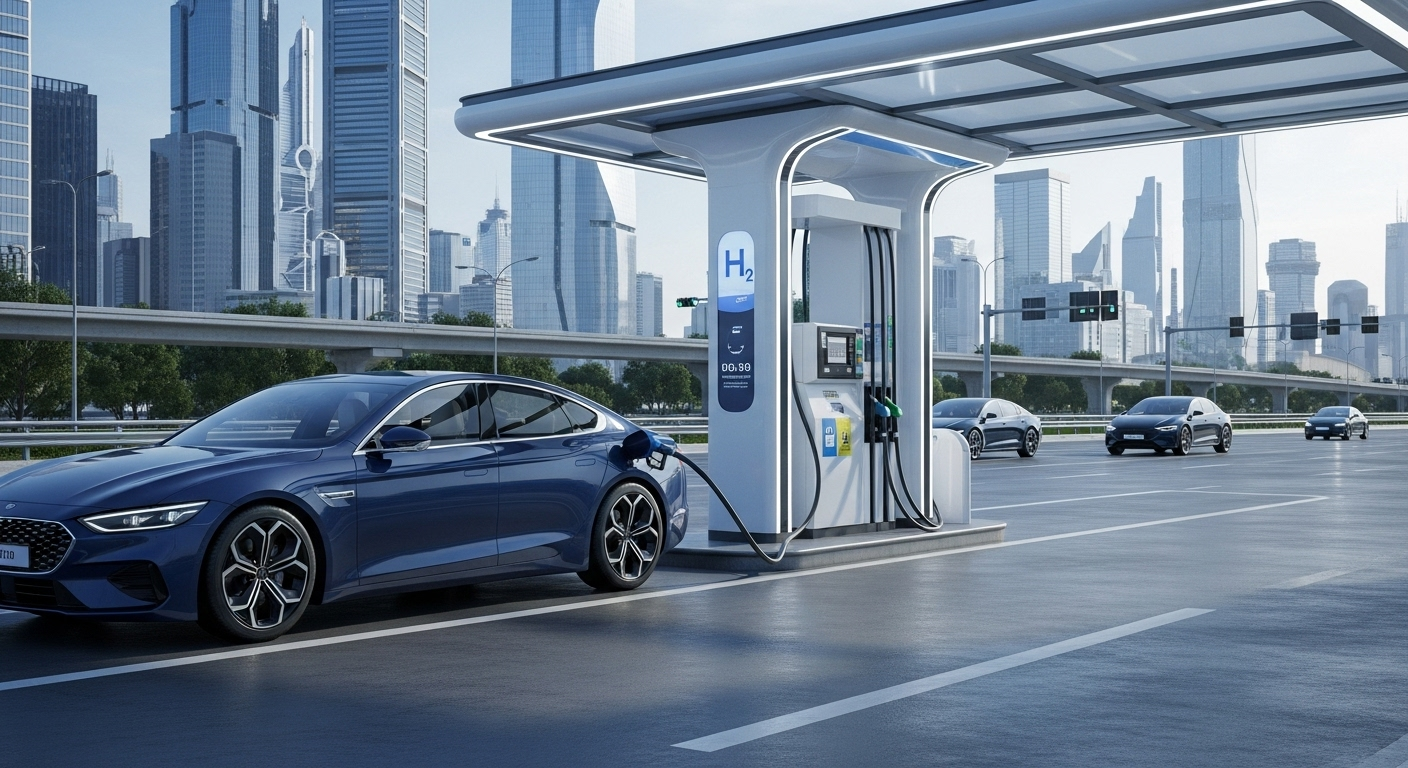Journeying Into the Future: The Prominence of Hydrogen Fuel Cell Cars
Imagine driving a car that emits nothing but water. A car that runs on the most abundant element in the universe. This is not a work of fiction, but a technological reality in the form of hydrogen fuel cell vehicles. This article will explore the rise of hydrogen fuel cell cars, their impact on the automotive industry, and the challenges they pose.

Hydrogen Fuel Cell Vehicles: A Brief History
Hydrogen fuel cell vehicles (FCVs) have been in development for several decades. The concept of a car powered by hydrogen was first proposed in the 1960s, but it wasn’t until the early 2000s that the first prototypes began to emerge. In 2014, Toyota released the Mirai, the world’s first commercially available hydrogen FCV, marking a significant milestone in automotive history.
The Science Behind Hydrogen Fuel Cells
Hydrogen fuel cells generate electricity by combining hydrogen and oxygen in a chemical reaction. This electricity is then used to power an electric motor, which drives the vehicle forward. The only byproduct of this process is water, making hydrogen FCVs a truly zero-emission solution.
Current Trends and Developments
More and more automakers are investing in hydrogen fuel cell technology, with companies like Honda, Hyundai, and Mercedes-Benz all releasing their own FCVs. Governments worldwide are also supporting this technology, with plans to increase the number of hydrogen refueling stations and incentives for buyers of FCVs.
The Impact of Hydrogen Fuel Cell Vehicles
The emergence of hydrogen FCVs could have a profound impact on the automotive industry and the environment. They offer a promising solution to reducing greenhouse gas emissions and reliance on fossil fuels. However, they also pose several challenges, including the sourcing of hydrogen, the production of fuel cells, and the establishment of a hydrogen infrastructure.
The Future of Hydrogen Fuel Cell Cars
Despite the challenges, the future looks bright for hydrogen FCVs. As technology improves and infrastructure develops, hydrogen could become a viable and sustainable alternative to gasoline. By continuing to innovate, the automotive industry can help pave the way for a greener, cleaner future.
In the vast world of automotive technology, hydrogen fuel cell vehicles represent a fascinating frontier. They encapsulate the industry’s constant quest for innovation, efficiency, and sustainability. As we journey forward, it will be exciting to see how this technology evolves and shapes our driving future.





